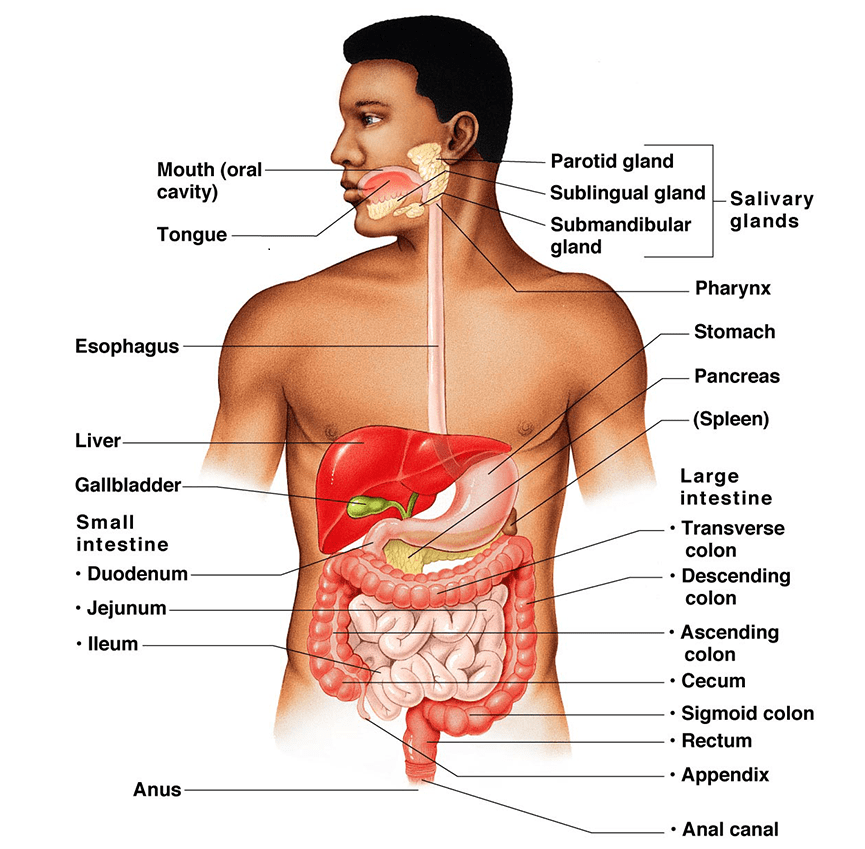 Digestive issues are disorders of the digestive tract, or sometimes called the gastrointestinal (GI) tract.
Digestive issues are disorders of the digestive tract, or sometimes called the gastrointestinal (GI) tract.
In digestion, food and drink are broken down into small parts (called nutrients) that the body can absorb and use as energy and building blocks for cells.
The digestive tract is made up of the esophagus (food tube), stomach, large and small intestines, liver, pancreas, and the gallbladder.
The first sign of problems in the digestive tract often includes one or more of the following symptoms:
- Heartburn
- Bloating
- Constipation
- Diarrhea
- Nausea and vomiting
- Weight gain or loss
- Swallowing problems
- Pain in the belly
- Bleeding
If not taken into consideration, it may turn into more severe health problems.
Conditions may range from mild to serious. Some common problems include heartburn, food intolerances, irritable bowel syndrome, and can lead to cancer.
Other digestive health issues or diseases include:
- Gallstones, and other issues surrounding the liver such as hepatitis B or hepatitis C, cirrhosis, liver failure, and alcoholic hepatitis
- Rectal problems, such as anal fissure, hemorrhoids, and rectal prolapse
- Esophagus problems
- Stomach problems, including gastritis, gastric ulcers usually caused by Helicobacter pylori infection and cancer
- Pancreatitis
- Intestinal problems, such as polyps, infections, celiac disease, Crohn disease, ulcerative colitis, diverticulitis, malabsorption.
What to do?
When first signs appear, it would be wise to talk to someone that could suggest some dietary and life style changes. However, most doctors, not having much if not any knowledge concerning dietary needs, will start a battery of tests and procedures that can go as follows:
Tests for digestive problems can include colonoscopy, upper GI endoscopy, capsule endoscopy, endoscopic retrograde cholangiopancreatography (ERCP), and endoscopic ultrasound.
Many surgical procedures are performed on the digestive tract. These include procedures done using endoscopy, laparoscopy, and open surgery. Organ transplants can be performed on the liver, pancreas, and small intestine.
Many health care providers can help diagnose and treat digestive problems. A gastroenterologist is a physician specialist who has received extra training in the diagnosis and treatment of the digestive disorders, but sometimes it takes forever to get a recommendation and months before we actually have an appointment. Other providers involved in the treatment of digestive diseases include:
- Nurse practitioners (NPs) or physician assistants (PAs)
- Nutritionists or dietitians
- Primary care doctors
- Radiologists
- And could lead to a Surgeon
But first and foremost, diet and life style changes should be on every health care provider’s mind.
It might also mean that you will have to look into some good quality supplementation. In this matter, I can greatly help you.
http://cb-consulting.ca/services-2/health-consultation/?lang=en

